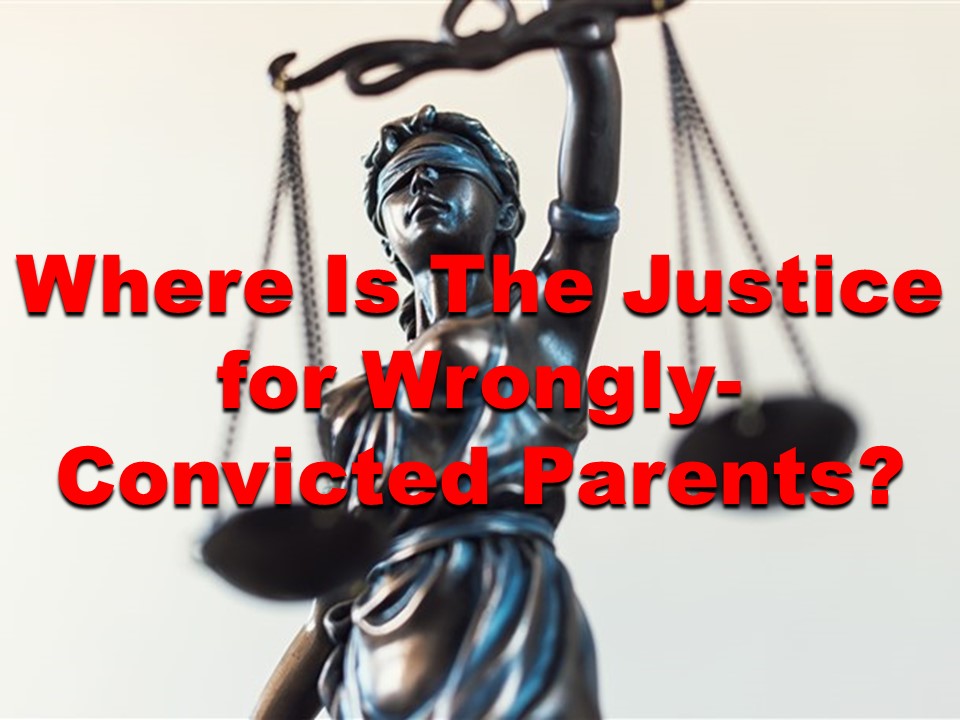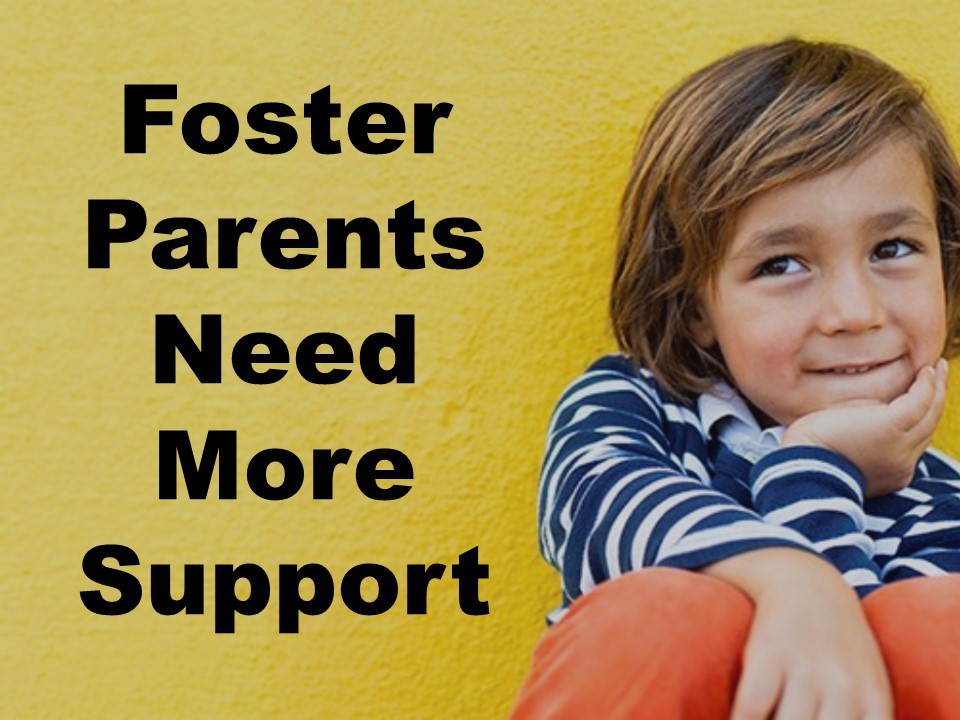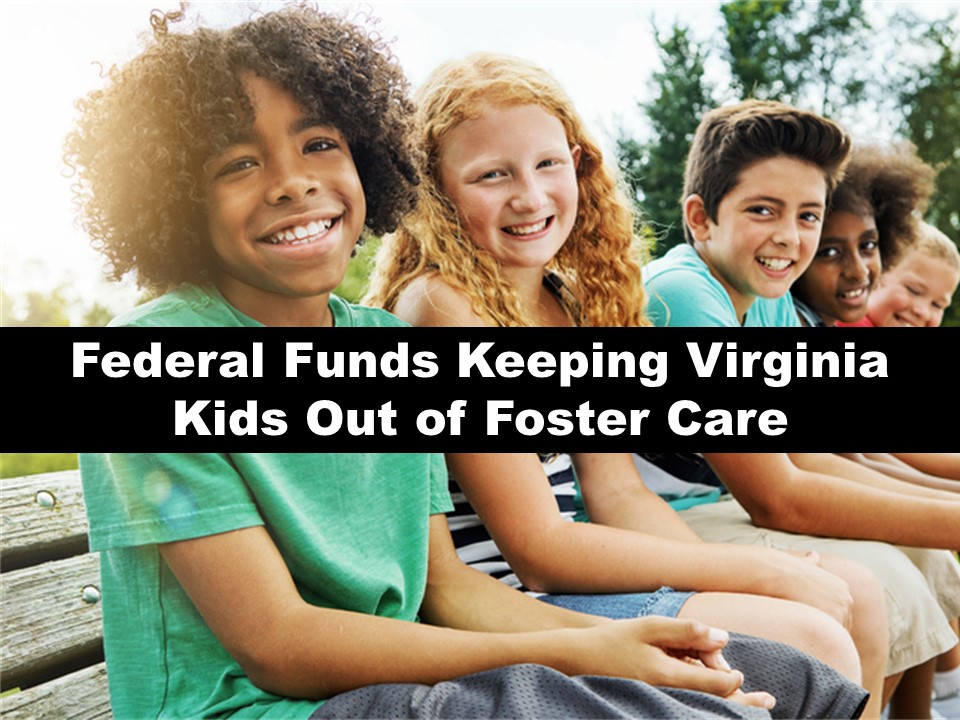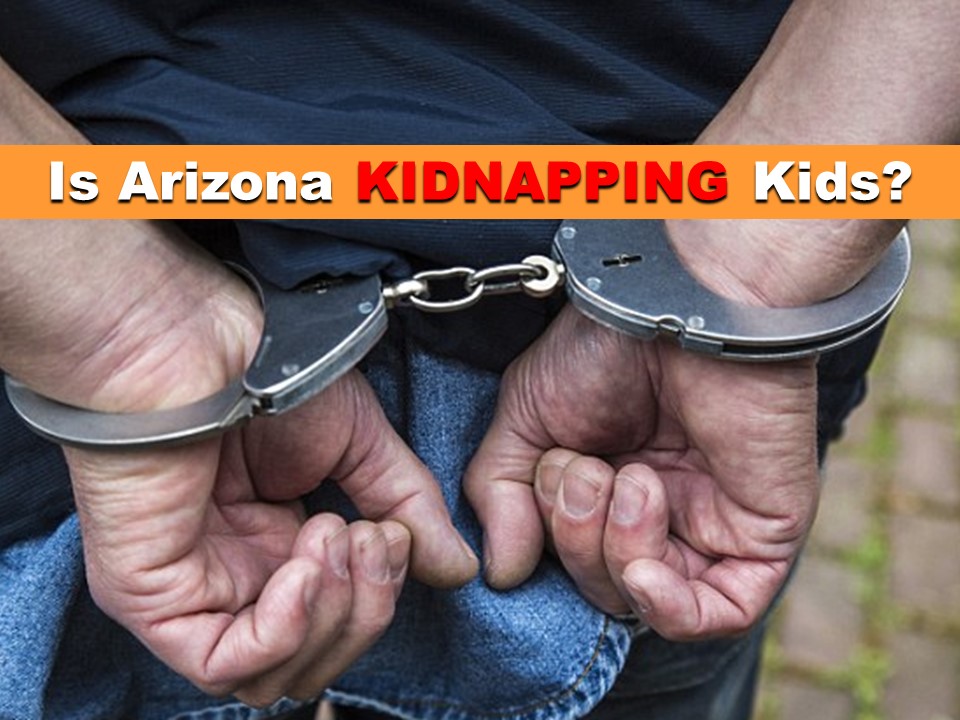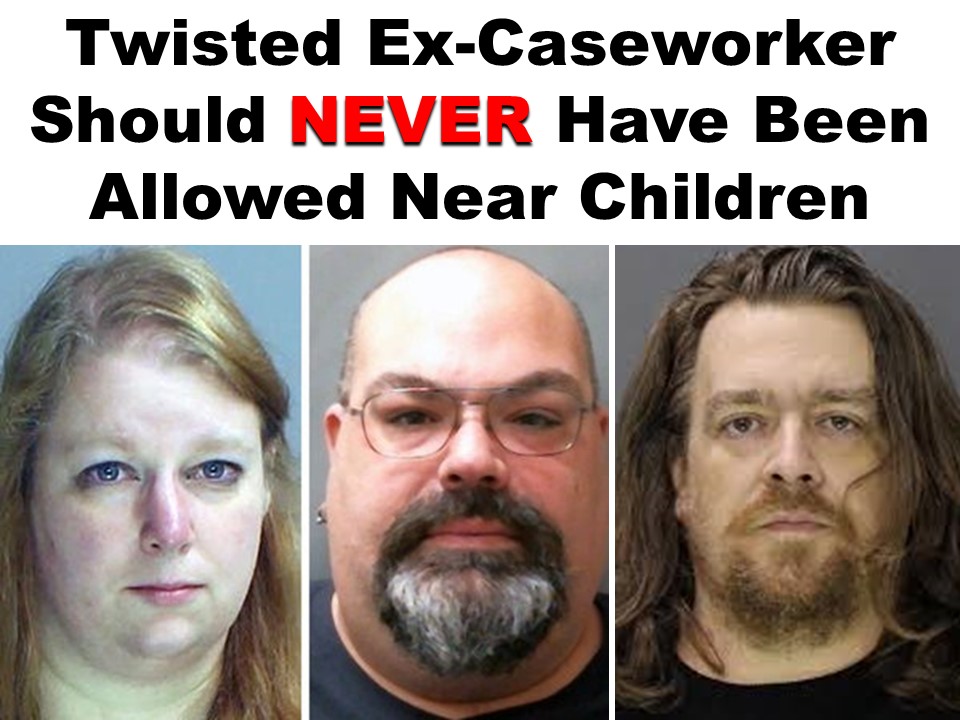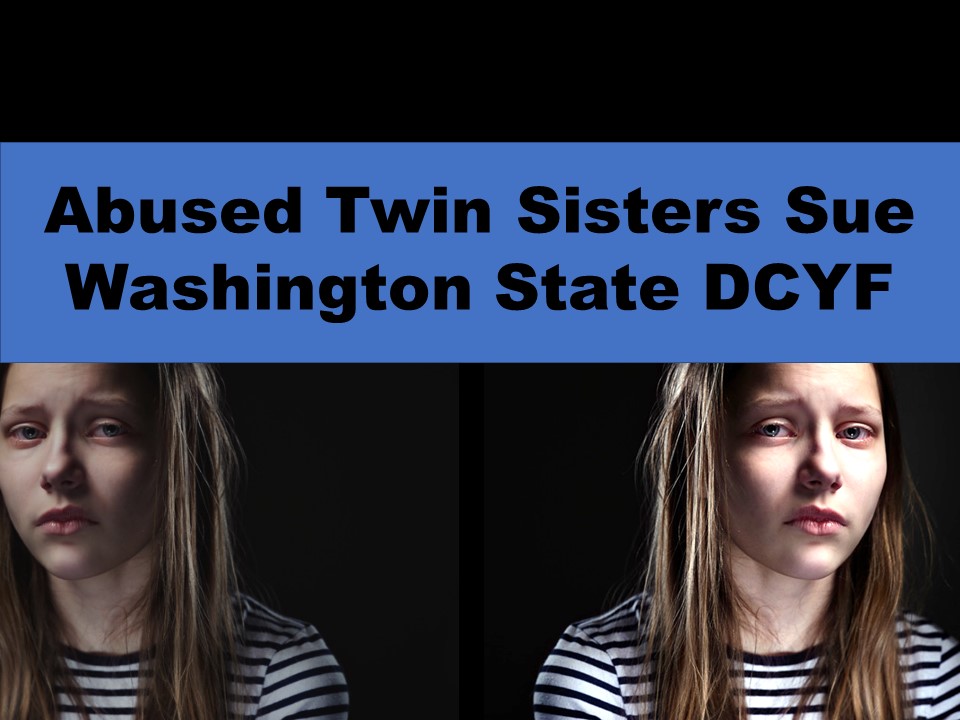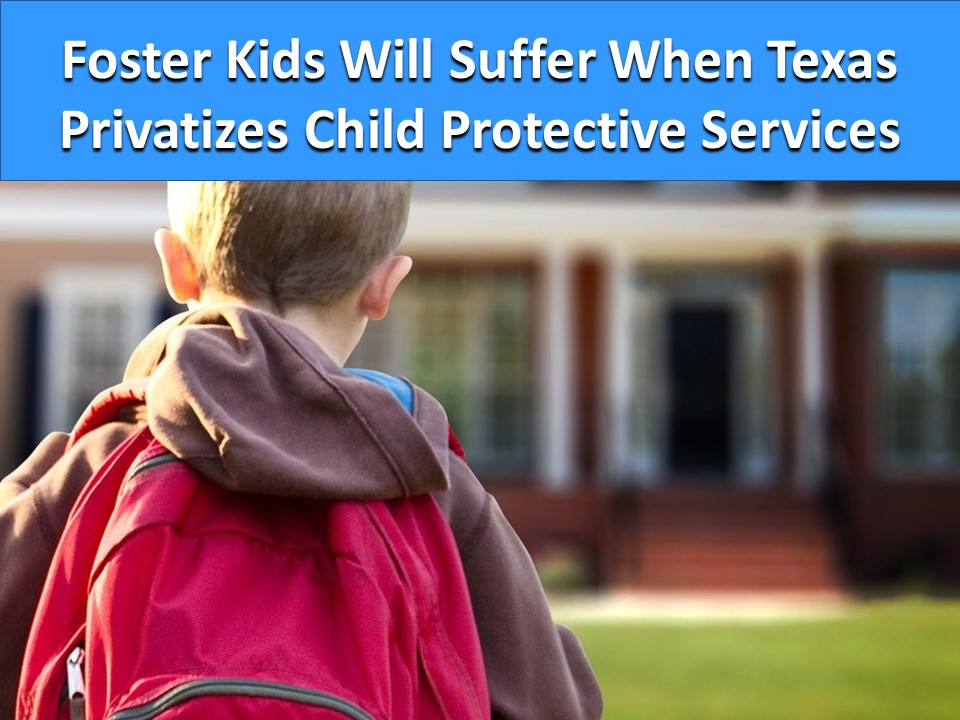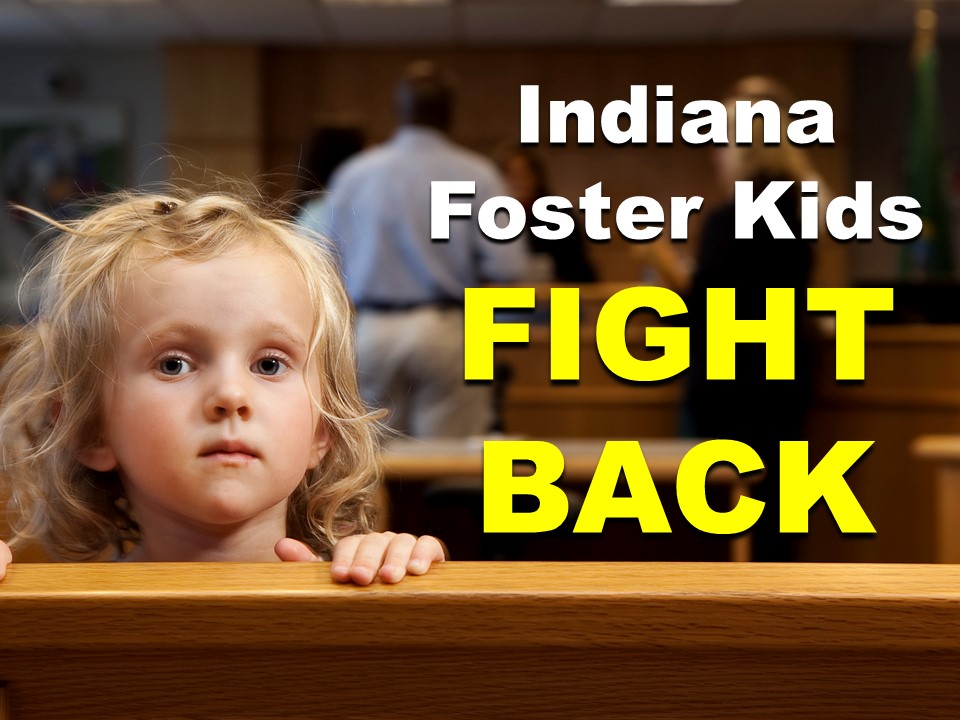In Indiana, being poor while parenting is a crime, and the punishment is the removal of your children.
Indiana, why aren’t you helping poor parents instead of taking their children away? That is what we, Robert and Kathleen Raskin, will be discussing today. Most states do not consider the inability to provide for your child to be a crime, but Indiana is one of the few that do, despite having no evidence that demonstrates rates of child abuse among the poor are any higher than they are for any other group. In fact, of all reported risk factors children in the state face, the only group that showed higher than average rates of abuse were those families that were suffering from financial issues.
Reports have shown nearly 90% of reported child welfare cases in the state’s system are due to neglect, but is it neglect if a parent can’t pay the bills? If a family is suffering from financial issues that are detrimental to children but the parents are otherwise caring, it is the state’s duty to intervene and act in the child’s best interests. Studies have shown approximately 28% of children are abused in the foster care system, so if they aren’t being abused at home it is most definitely not in their best interests to be removed.
Foster Care Abuse Statistics
- Nationwide, 71.8% of child fatalities were younger than 3 years old, putting children who are non-verbal and cannot report foster care abuse at higher risk.
- In Indiana in 2017, 59 children were murdered by foster parents.
- That same year, 126,719 completed child abuse reports were made between 880 investigators, meaning each investigator averaged 14.45 investigations per year.
- Physical and sexual abuse reports have declined in Indiana, while cases involving neglect have substantially increased.
- Rates of substantiated neglect in the state did not increase, only investigations that did not find neglect.
- In 2017, the state had the nation’s 14th highest opioid overdose rate, which has been fueled by poverty.
- African-American children are overrepresented in the state’s DCS system, and 28% of those who live in poverty in the state are Black, making this the largest group.
When we know poverty and drug abuse are factors that are leading to the removal of children and it’s not necessarily leading to better outcomes for Indiana’s families, it’s time to take a good, hard look at the system and determine where the disconnect is.
We’ll give you a hint, Indiana lawmakers: The disconnect is located in your most poverty-stricken communities, and it’s time to do something about it instead of kidnapping their children.
Poverty is on the rise in Indiana.
One Indiana mother’s DCS horror story.

